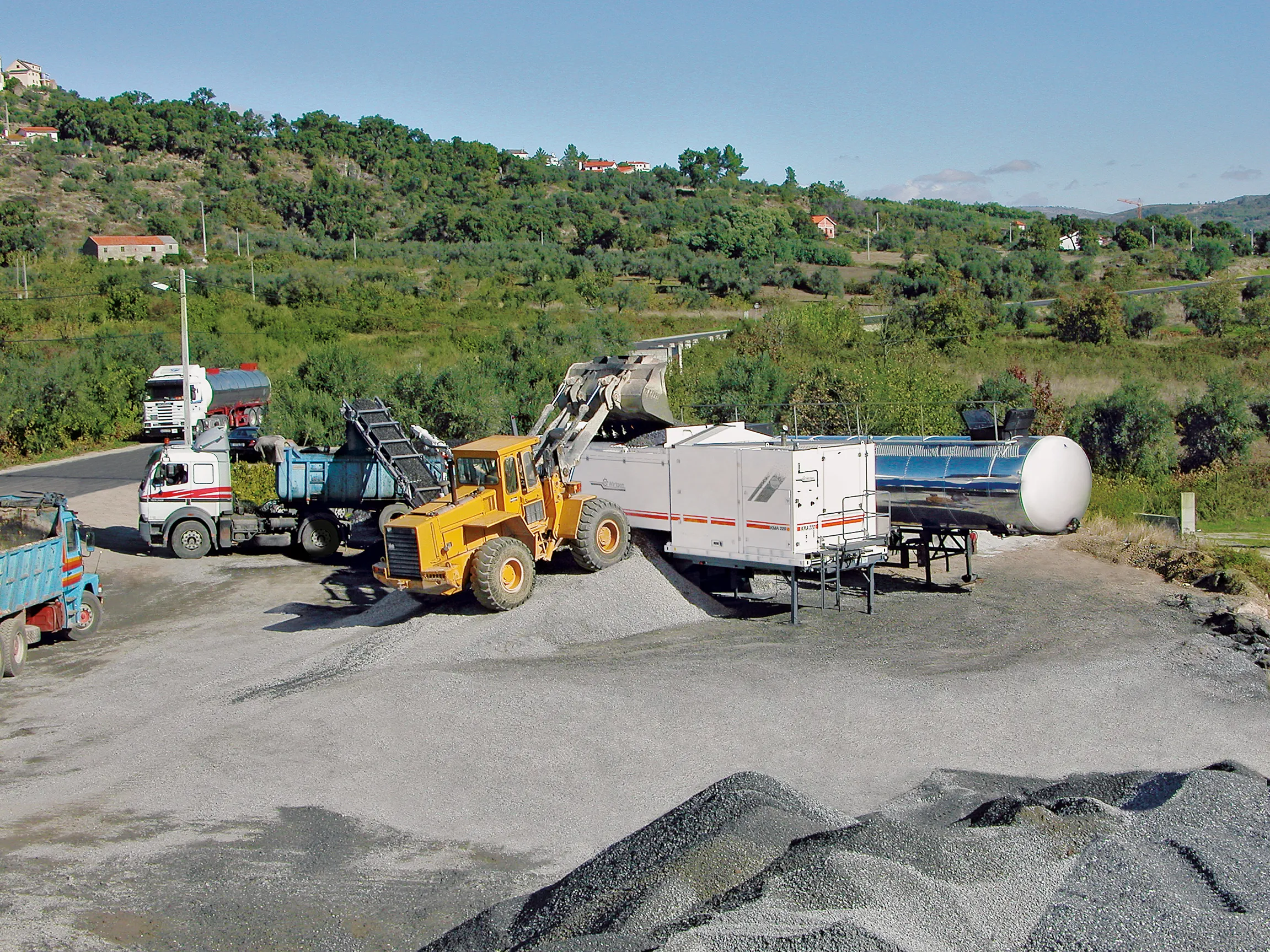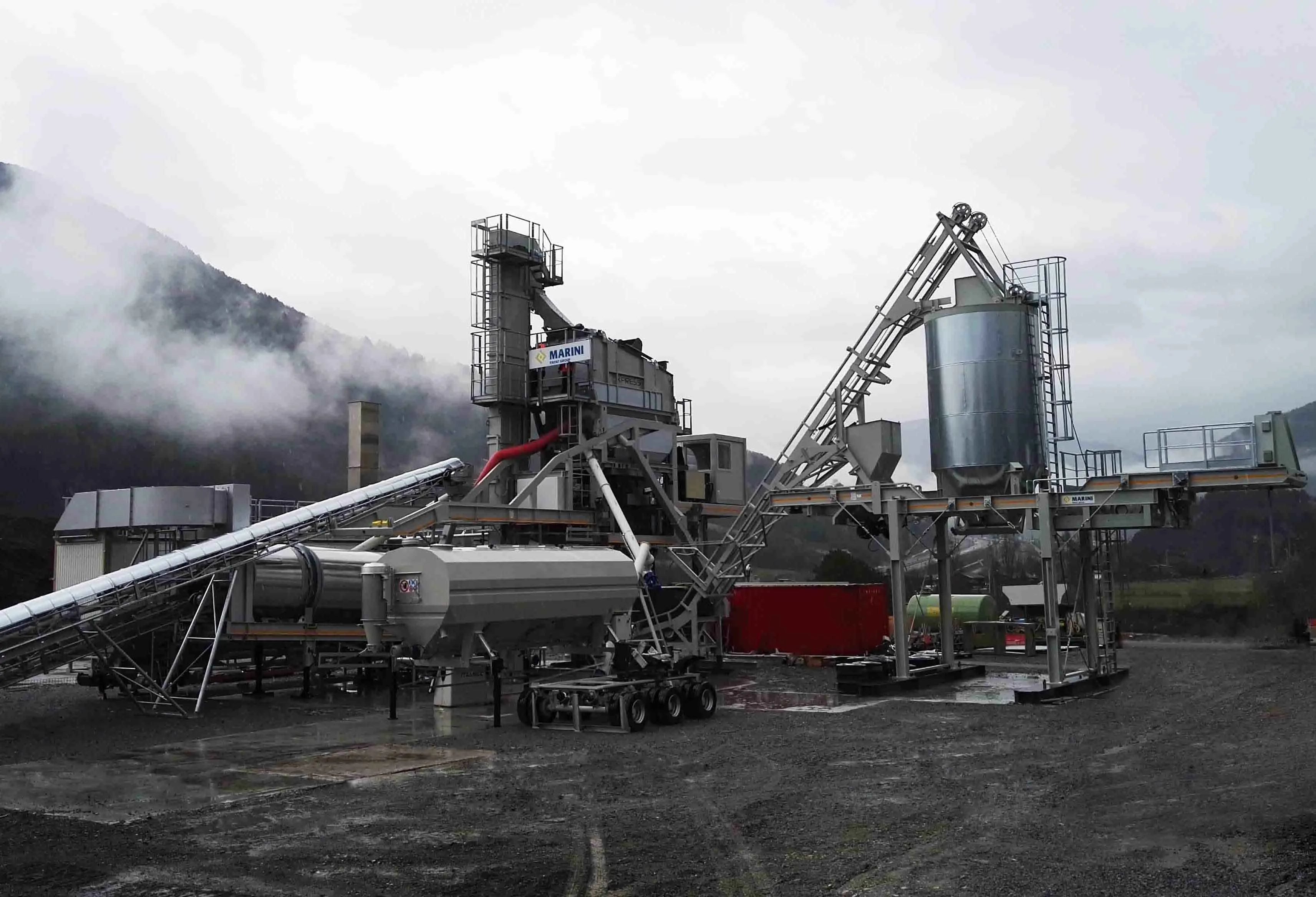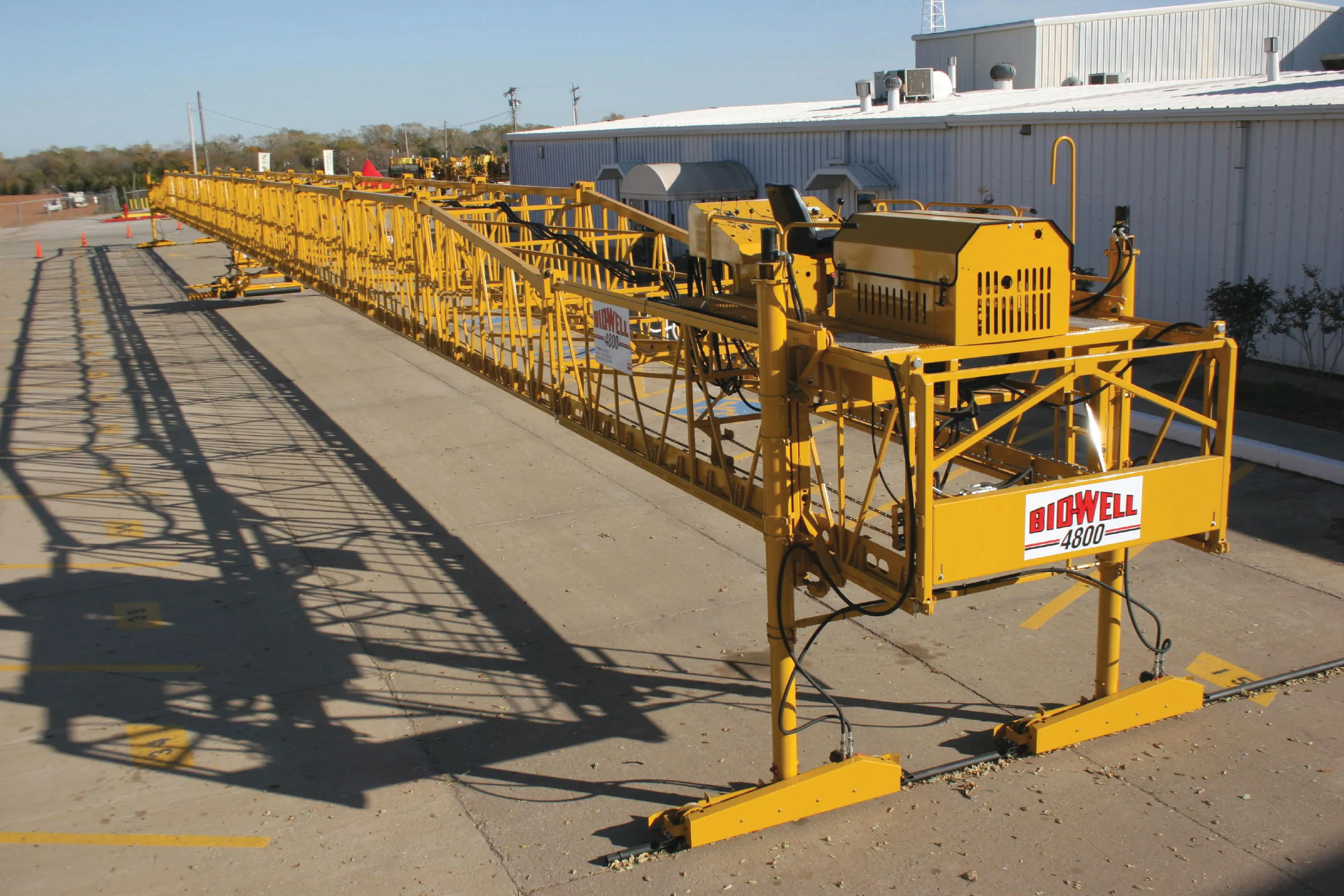Wirtgen is broadening its recycling equipment line-up with its latest KMA220 RAP plant. This mobile machine has been designed to meet a need from contractors for a versatile plant that can be set up quickly when needed. The machine offers a mixing capacity of up to 220 tonnes/hour for the production of high-quality cold mixes for use on major highways carrying heavy traffic volumes from recycled material. The KMA220 replaces the earlier KMA200 model and offers a 10% increase in throughput. Power comes from
July 23, 2012
Read time: 2 mins

The KMA220 replaces the earlier KMA200 model and offers a 10% increase in throughput. Power comes from an onboard, six cylinder diesel rated at 131kW that meets the latest regulations on noise and exhaust emissions. The machine is equipped with a twin-shaft continuous mixer with wear-resistant mixing arms and adjustable blades made from a hard-wearing cast iron. The KMA220 delivers cold mix in batch mode or in continuous mode, with the material being directly loaded into trucks or stockpiled using the plant's slewing discharge conveyor. Mixes produced with foamed bitumen can be stored over extended periods of time.
The KMA220 is 13.4m long (14.71m including the cabin), 2.5m wide and 4m high, and weighs 30.5tonnes. The plant is mounted on a low-bed trailer and the only site set-up required is to swing in the cement auger, discharge conveyor and operator's cabin, while telescoping front support legs are folded out manually.
The plant can use a range of binding agents, while quality cold mixes are produced from a large variety of aggregate mixtures. The KMA220 offers a range of options for binding agents and can use cement, bitumen emulsion or even foamed bitumen. Adding water in addition to these, the mobile plant can be used to process source material into a cold mix suitable for use as a bound base layer. Further mixing options include the use of cement and bitumen emulsion, or cement and foamed bitumen.









